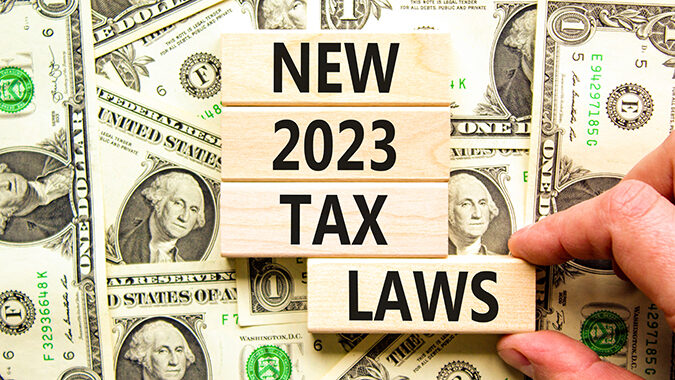The IRS has given insurance companies and other large corporate taxpayers interim guidance on the new 15% Corporate Alternative Minimum Tax that should be followed until the official federal regulations are issued.
The Inflation Reduction Act of 2022 created the alternative minimum tax on the adjusted financial statement income of large corporations for taxable years beginning in 2023. Large corporations, including insurance companies, with average annual adjusted financial statement income exceeding $1 billion are the business taxpayers generally affected.
IRS Notice 2023-20 clarifies key issues related to insurance industry accounting practices for the determination of adjusted financial statement income as it relates to:
- variable contracts and similar contracts
- funds withheld reinsurance and modified coinsurance agreements
- the basis of certain assets held by certain previously tax-exempt entities that received a “fresh start” basis adjustment.
“Treasury is working to provide clarity to taxpayers, so they can calculate their tax responsibilities under the Corporate Alternative Minimum Tax,” said Assistant Secretary for Tax Policy Lily Batchelder on Feb. 17. “There are many complex accounting issues to consider as Treasury writes these rules, and today’s guidance clarifies key technical issues.”
The guidance addresses significant distortions that could arise as corporations determine their tax owed because of the interaction of financial accounting rules for certain life insurance assets and the Corporate Alternative Minimum Tax (CAMT).
To prevent the unintended inclusion of non-economic gains or losses that appear on financial statements when determining tax owed under the CAMT, the notice allows taxpayers to use accounting practices that are in line with existing financial statement and tax treatment of these transactions.
The notice also solicits comments on the rules contained in the notice and certain other issues under consideration. The Treasury Department and the IRS recommend that such comments be submitted by April 3, 2023.

